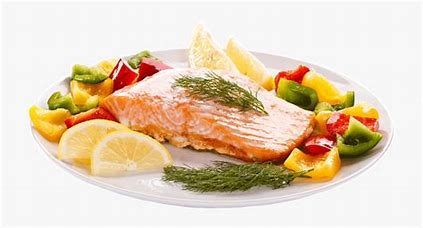|
Knee Osteoarthritis - Eating Healthy to Help Alleviate Inflation and More By Pierre Mouchette | Bits-n-Pieces Do not overlook the power of food when you cope with your knee osteoarthritis (OA). There is no specific diet treat to follow, but particular foods can naturally provide considerable health benefits. These benefits can include keeping your weight under control, building strong cartilage, and, yes, cutting some inflammation.
Doing this does not require an overhaul of your diet. Just follow these simple steps, and your joints will be happy. Cut Calories Your knees will feel better if you trim your waistline. When you drop those extra pounds, you will put less stress on your joints. A brilliant way to lower calorie count is to take smaller portions, avoid sugary foods and drinks, and eat mostly plant-based foods. Additionally, use a smaller plate and utensils. Eat More Fruits and Veggies Fruit and vegetables are loaded with antioxidants, which can help protect your cells from damage. Some antioxidants found in fruits and veggies such as apples, onions, shallots, and strawberries, may also help reduce joint inflammation and pain. Add Omega-3 Fatty Acids Omega-3s may help to relieve joint pain and decrease morning rigidity. It works by reducing inflammation in your body. An easy way to add them to your diet is to eat two 3-ounce servings of fatty fish (trout, salmon, mackerel, herring, tuna, or sardines) each week. Use Olive Oil in Place of Other Fats Oleocanthal, a compound in olive oil, has the same anti-inflammatory effects as ibuprofen. Olive oils with the most robust flavor have the highest oleocanthal. Add it to your diet without extra calories by using it instead of other fats (butter) or cooking oils that you currently use. Get Enough Vitamin C Vitamin C helps build collagen and connective tissues, which are crucial for joint health. Many tasty foods can provide this nutrient (citrus fruits, red peppers, strawberries, broccoli, cabbage, and kale). Strive for the recommended amount of 75 milligrams a day for women or 90 milligrams a day for men. Avoid High Cooking Temperatures Meat cooked at high temperatures creates compounds that can cause inflammation in your body. These compounds, known as advanced glycation end products (AGEs), are associated with arthritis, heart disease, and diabetes. You can reduce the levels of AGEs if you cut back on grilled, fried, broiled, and microwaved meats. It is also helpful to limit processed foods because they are cooked at high temperatures. Comments are closed.
|
Archives
May 2024
|
